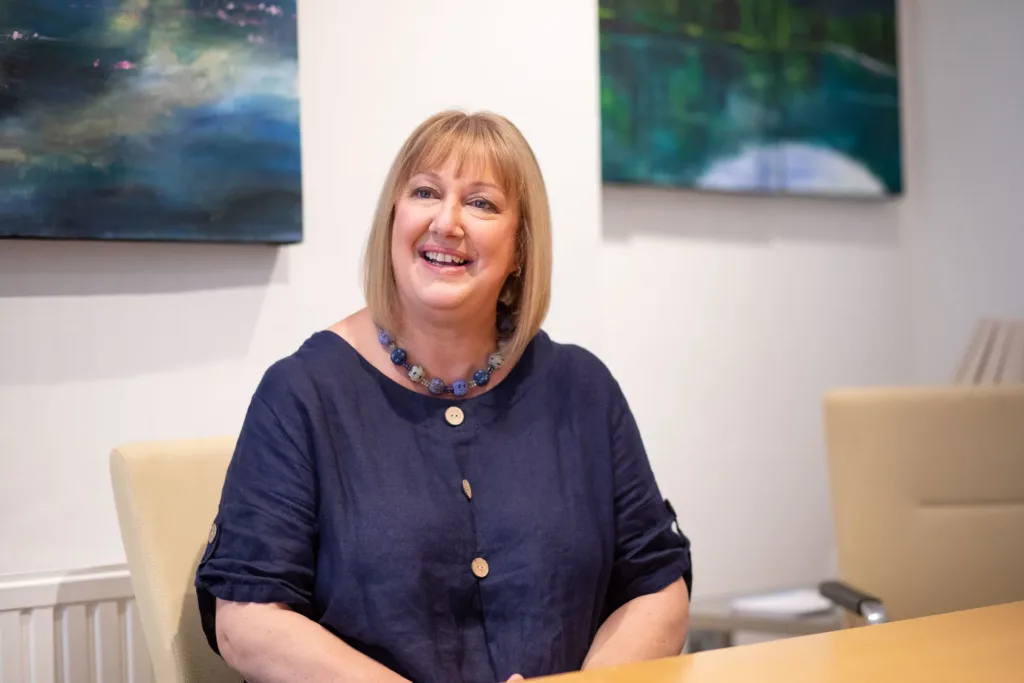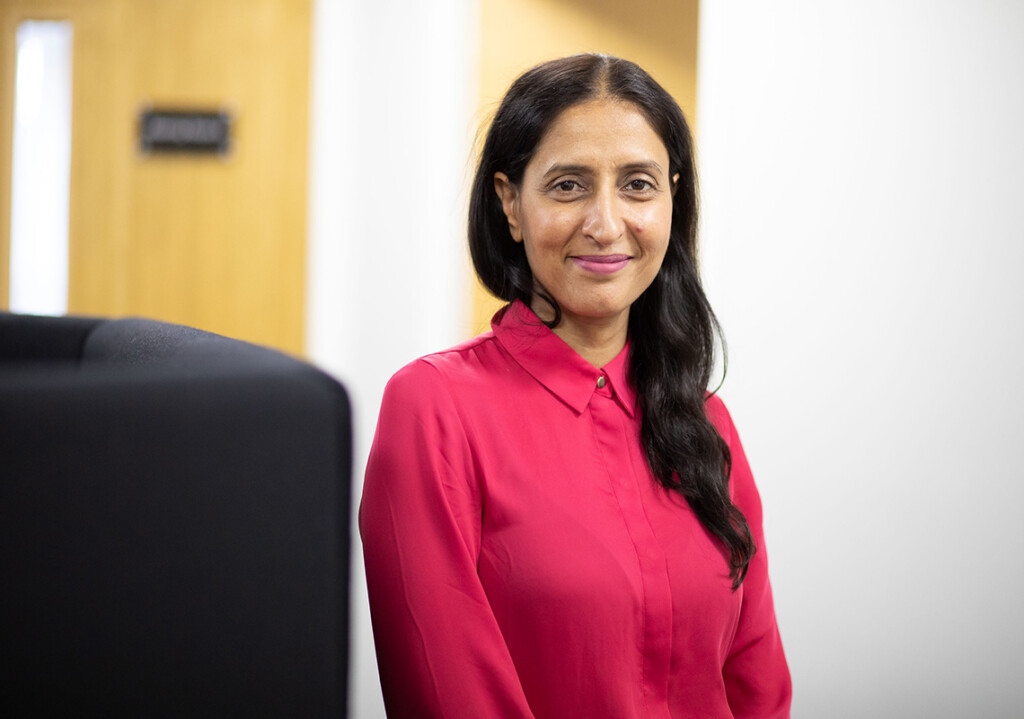Specialist divorce lawyers
Primary contact:
Our Family Law team is committed to putting our clients first. Personal service and taking responsibility are essential elements of Lodders’ overall client care, together with offering a confidential and discreet service.
Divorce lawyers in Stratford upon Avon, Cheltenham, Birmingham and Henley in Arden
In the UK, divorce law is primarily governed by the Matrimonial Causes Act 1973. The introduction of no-fault divorce in 2022 simplified the process, removing the need to assign blame and helping to reduce conflict, especially for couples with children.
Now, there is just one legal ground for divorce: that the marriage has broken down irretrievably.
What is the divorce process?
Typically, the divorce process in England and Wales follows these key steps:
1. Filing the divorce application – One or both spouses apply online or via a solicitor.
2. Reflection period – A mandatory 20-week period before moving to the next stage.
3. Conditional Order – The court approves that the marriage can be ended.
4. Final Order – This legally dissolves the marriage.
Our divorce solicitors can guide you through each stage, ensuring the process is as stress-free as possible.
How will a divorce impact my children?
Divorce can be a difficult time for children, but how it affects them depends on how the process is handled. Courts prioritise the best interests of children when making decisions about child arrangements and financial support.
Where possible, it’s best to resolve child arrangements outside of court. Mediation, negotiation, or collaborative law can help parents reach agreements that work for everyone involved. At Lodders, we support parents in finding child-focused solutions while minimising conflict. Read our guide to a ‘collaborative style’ divorce here.
Can I keep the house?
Whether you can stay in the family home depends on your financial situation, who owns the property, and what’s best for any children involved. Options include: selling the home and dividing the proceeds, one partner buying the other out, or postponing the sale (for instance, until your children finish school).
Our expert family law solicitors can help you explore your options and negotiate the best outcome based on your circumstances.
No-fault divorce
The Divorce, Dissolution and Separation Bill allows for a more collaborative, less painful divorce process and might put an end to ‘the blame game’.
The new process is a simplified approach to divorce which puts consideration of a reconciliation much more centre stage in the process, removes the existing requirement to cite fault, and for the first time permits joint divorce applications.
International divorce
Each country has its own divorce laws that can lead to different outcomes, particularly when it comes to financial matters. If you have links to more than one country, deciding where to file for divorce is crucial.
For example, some countries have different rules about evidence disclosure, while in others, the power of the Courts to make orders relating to finances on divorce may be different. You may need local advice from each country, to come to a decision.
If you or your partner have off-shore trusts or investments, specialist advice will also be needed to address these aspects.
Our expert divorce solicitors can guide you through complex international divorce considerations to ensure the best possible outcome.
Applications for financial settlements in divorce
For most people, the division of matrimonial assets is the most significant part of the whole divorce process. The outcome can have a substantial impact on your future.
The ‘final order’ secured at the end of the process can rarely be revisited. It is therefore crucial to secure reliable tactical and legal advice from the outset, so you can achieve the best possible outcome, from a financial, practical and holistic viewpoint.
Lodders’ supportive family law solicitors can provide that, and ensure you remain focused on the outcome. We have the contacts you need – the best barristers, accountants and experts on pensions in divorce. We can help to secure a settlement through solicitor negotiation, or collaborative resolution outside the court process.
We are equally able to deal with proceedings in court, or in alternative dispute resolution procedure, such as a private financial dispute resolution appointment.
Related to divorce, separation, and dissolution
Our other Family Law services include:
Divorce law experts
Meet our specialist divorce lawyers:
RELATED NEWS
News, events, and insights that may be of interest.
FAQS
Questions answered
Not sure that this is the service for you? Take a look at some of our frequently asked questions for more information.
A financial divorce settlement is an agreement that determines how money, property, pensions, and other assets are shared when a marriage ends. Cases are assessed individually, based on factors like the length of the marriage, each person’s financial needs, and contributions (both financial and non-financial). The outcome can have a substantial impact on your future.
Some couples reach an agreement amicably, while others may need solicitor-led negotiation or court intervention. Once you have reached a financial settlement agreement, a solicitor will draft a consent order to make it legal binding. This legal document, known as a ‘final order’ confirms both parties’ agree on the division of assets.
From our Birmingham and Stratford offices, Lodders expert divorce solicitors can guide you through this process, helping you secure a fair outcome. For those requiring complete privacy, our Henley office also provides a discreet setting for sensitive discussions.
The ‘final order’ is secured at the end of the process and can rarely be revisited. It is therefore crucial to secure reliable tactical and legal advice from the outset, so you can achieve the best possible outcome, from a financial, practical and holistic viewpoint. Lodders’ supportive family law solicitors can provide that, and ensure you remain focused on the outcome.
There are some rare cases, such as fraud, non-disclosure of assets, or a significant change in circumstances, in which court may agree to revisit the settlement.
Yes, pensions can be shared as part of a financial settlement. There are three main ways this can happen:
· Pension sharing – A percentage of one spouse’s pension is transferred to the other.
· Pension offsetting – One spouse keeps their pension while the other receives other assets (for example, a larger share of the family home).
· Pension attachment – A portion of pension benefits is paid to the ex-spouse when the pension holder retires.
If you separate without divorcing, pensions cannot be formally divided, though a surviving spouse may still be entitled to some benefits.
Often a couple will share the responsibilities of being a pet owner, which makes it difficult to determine who it “belongs” to in the event of a divorce.
The primary, legal consideration for the courts is who has proof of ownership. However, if both parties share this, case law suggests that the pet will go to the party who has principally looked after it based on evidence. If the pet was clearly gifted to the other party, then the recipient of the gift will keep it. Find out more about pets and divorce.
A divorce ends a legally valid marriage, while an annulment declares the marriage was never legally valid in the first place.
A marriage is considered not legally valid if you’re closely related to the person you married, one or both of you were under 18 (or under 16 if the marriage took place before 27 February 2023) or one of you was already married or in a civil partnership.
A marriage can also be voidable by annulment if:
· It was not consummated (this does not apply for same sex couples)
· You did not properly consent to the marriage
· The other person had a sexually transmitted disease when you got married
· Your spouse was pregnant by someone else when you got married
· One spouse is in the process of transitioning to a different gender
Divorces in England and Wales are handled by the Family Court. The only part of a divorce that is publicly available is the Final Order, which includes:
· Names of both spouses.
· Date and place of marriage.
· Date the divorce was granted.
Financial settlements and other personal details are not made public.
Yes, divorce automatically removes your ex-spouse from your will. This means they won’t inherit or act as an executor unless you explicitly state otherwise. However, divorce does not revoke the entire will itself, so other aspects of your estate plan will remain intact.
If you separate but don’t legally divorce, your spouse remains a beneficiary unless you update your will. If you want to exclude them before the divorce is final, you’ll need to amend or create a new will.
Divorce is typically a complicated matter in both a legal sense and personal sense for those involved and requires assistance from legal experts to help create a smooth transition from start to finish.
We engage closely with our clients to provide the legal clarity and human understanding they need to move forward and achieve their goals.
Simply click the ‘Get in touch’ button at the top this page or visit our contact page link below.

















